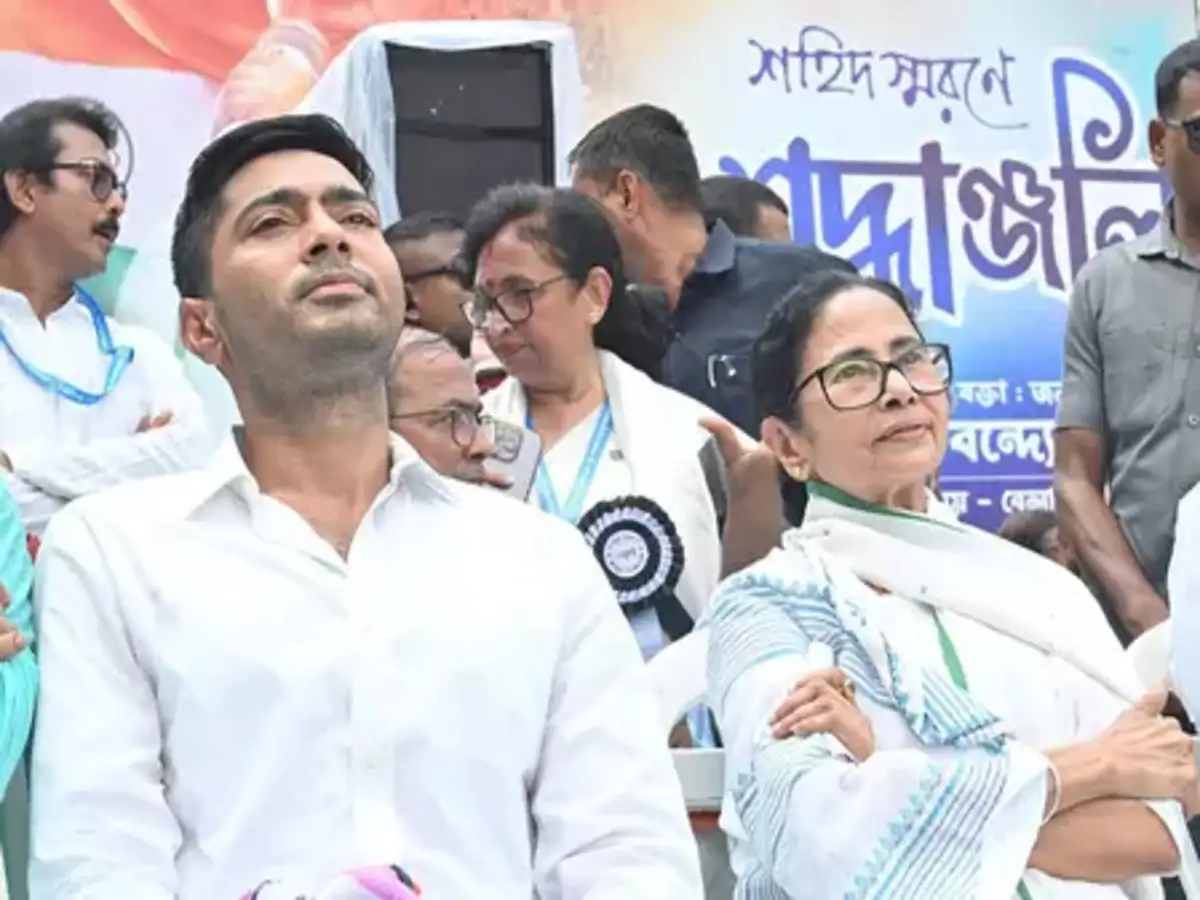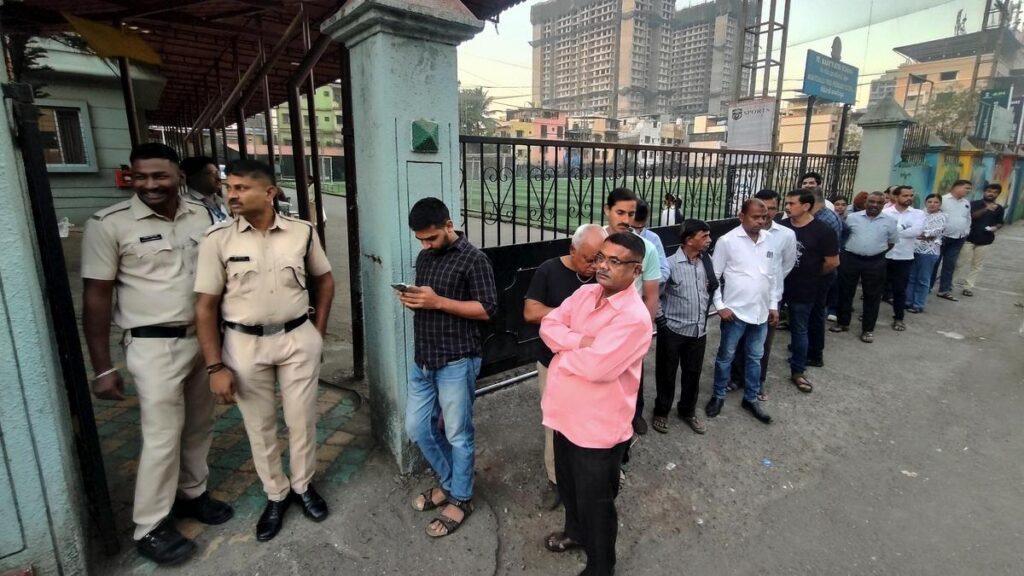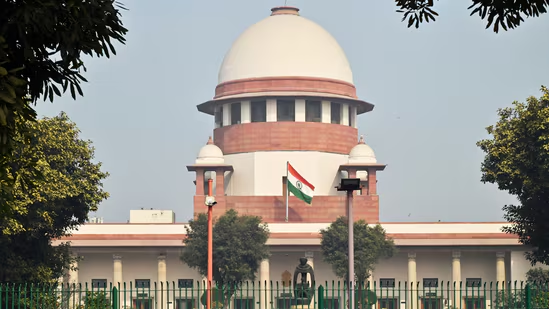Now Reading: Mamata Slams Delhi Police for ‘Bangladeshi Language’ Remark, BJP Fires Back
-
01
Mamata Slams Delhi Police for ‘Bangladeshi Language’ Remark, BJP Fires Back
Mamata Slams Delhi Police for ‘Bangladeshi Language’ Remark, BJP Fires Back

West Bengal Chief Minister Mamata Banerjee has taken strong objection to a reference made by Delhi Police describing Bengali as a “Bangladeshi language” in an FIR. The remark, made during a protest incident in the national capital, triggered a sharp response from Banerjee, who called it an insult to her mother tongue and demanded immediate correction. The BJP, meanwhile, has dismissed her outrage as political drama.
What Triggered the Controversy
The row began after a Delhi Police FIR mentioned that slogans raised during a protest outside the Parliament were in a “Bangladeshi language.” The protesters were part of a demonstration related to the Sandeshkhali issue, and most of them reportedly spoke Bengali. The phrasing in the FIR prompted Mamata Banerjee to accuse the authorities of undermining the identity of Bengali speakers.
Speaking during a press conference in Kolkata, Banerjee questioned how a language spoken by millions in India could be termed foreign. She called it an attack on the cultural and linguistic pride of the people of West Bengal and demanded that the central government clarify its stand.
BJP’s Counter and Political Reactions
In response, BJP leader Amit Malviya accused Mamata Banerjee of stoking unnecessary controversy. He argued that the protest in Delhi was allegedly led by infiltrators and illegal immigrants, which justified the terminology used in the FIR. He further claimed that Banerjee was using the incident to divert attention from issues in her own state.
Other political parties and civil society voices have weighed in, with some agreeing that the language used by Delhi Police was careless, while others see the backlash as politically charged ahead of upcoming elections.
Why It Matters for Tier 2 Cities and Regional Identity
For cities like Siliguri, Asansol, or Durgapur, where Bengali identity and language play a major role in public life, this issue touches on deeper concerns about how regional languages are viewed at the national level. It has also reignited conversations about linguistic bias and the importance of respecting the diversity of India’s languages.
Conclusion
The controversy surrounding the Delhi Police FIR has now turned into a larger debate over language, identity, and the role of political narratives. Whether it was a mistake in wording or a deeper oversight, the response from Mamata Banerjee and the BJP’s counter shows how sensitive and politically significant language can be in India’s public discourse.

























